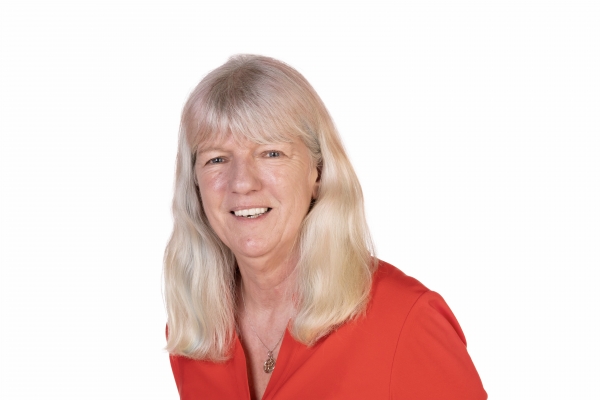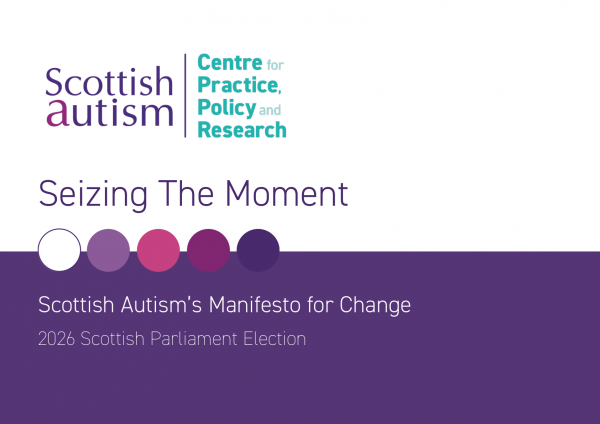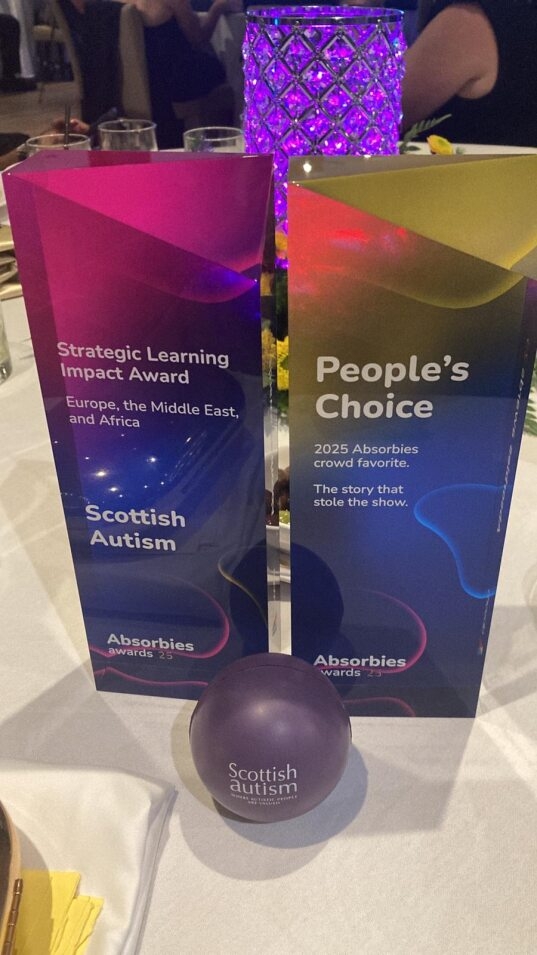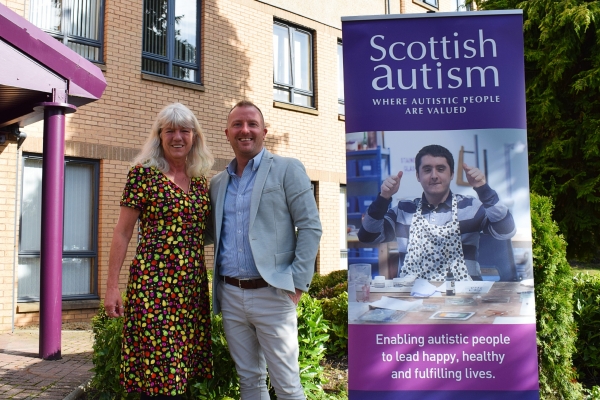Funding agreed for autism sight project
The move comes amid concerns that some sight-threatening problems, and their symptoms, may be mistaken for behavioural problems associated with autism. The longer sight loss goes untreated, the more damage it can do.
The two charities will work in partnership with Edinburgh Napier University to develop a ‘vision toolkit’ that will help specialists identify potential problems.
Eleanor Ogilvie, UK development manager with RNIB’s Glasgow-based visual impairment and learning disability team, said: "The needs of people who have visual impairment and ASD are not well understood. They may experience a range of sight loss conditions such as glaucoma, cataracts and uncorrected refractive error, some of which may be associated with ASD or be a natural cause of ageing. But unless managed properly, all can be a source of severe visual impairment.
“In many cases these difficulties can go unidentified because of limited knowledge and understanding on the part of professionals and carers. Often an individual's abilities or behaviours are attributed to other causes when in fact it is due to a sight problem.”
Charlene Tait, Development Director at Scottish Autism, said: "This is an innovative initiative that can make a significant improvement to the quality of life of people with autism. We hope this project will increase awareness of eye health and vision problems among people on the spectrum and professionals who are involved in their support."
The new vision toolkit will be developed to train ‘vision champions’ with the skills to recognise behaviours that may indicate sight loss, identify particular sight conditions affecting those with ASD, and to adapt an individual's environment to promote independence and minimise risk.
"Vision champions will provide personalised support and independent living recommendations. These will influence care and support throughout the lifespan of the person with ASD," said Ms Ogilvie. “These changes in support will help those with previously undetected sight loss maximise the quality of their lives and experiences.”





